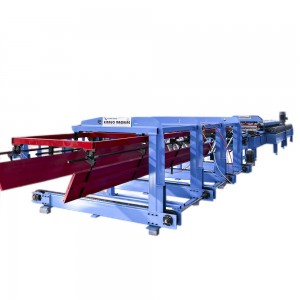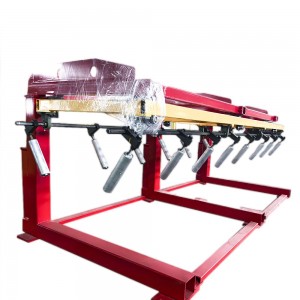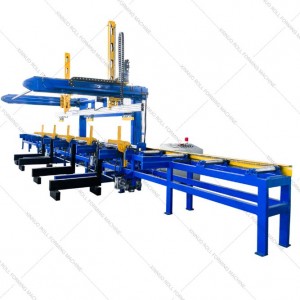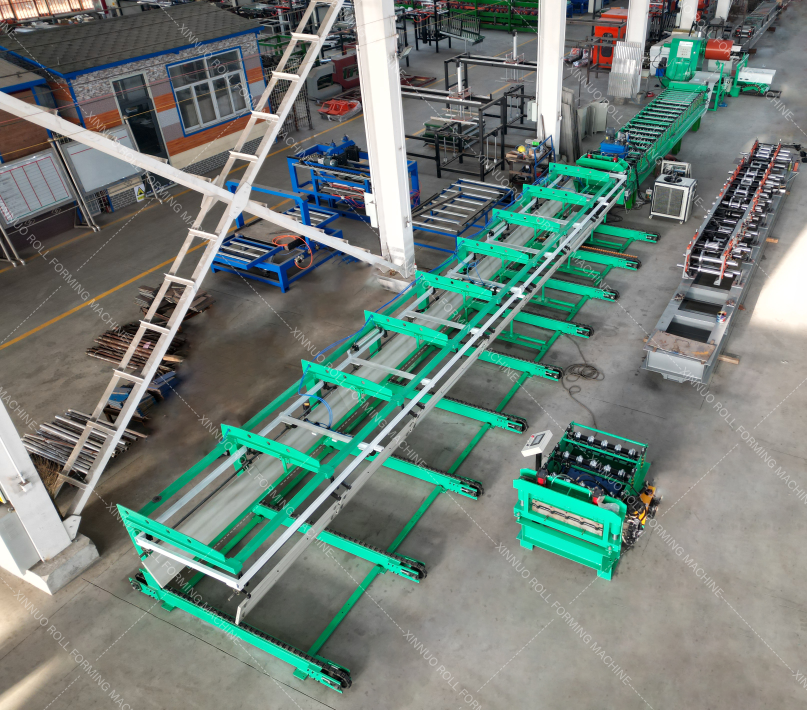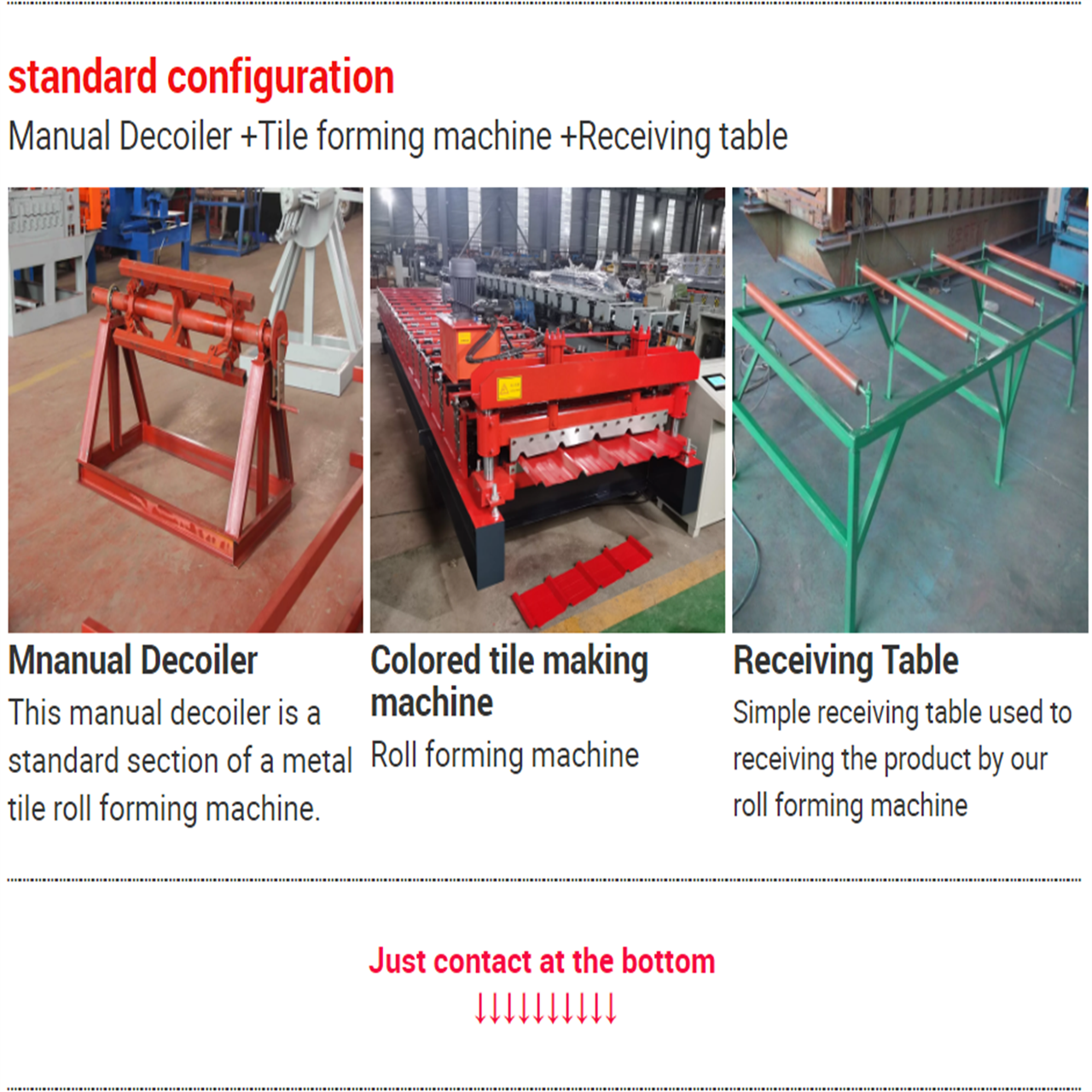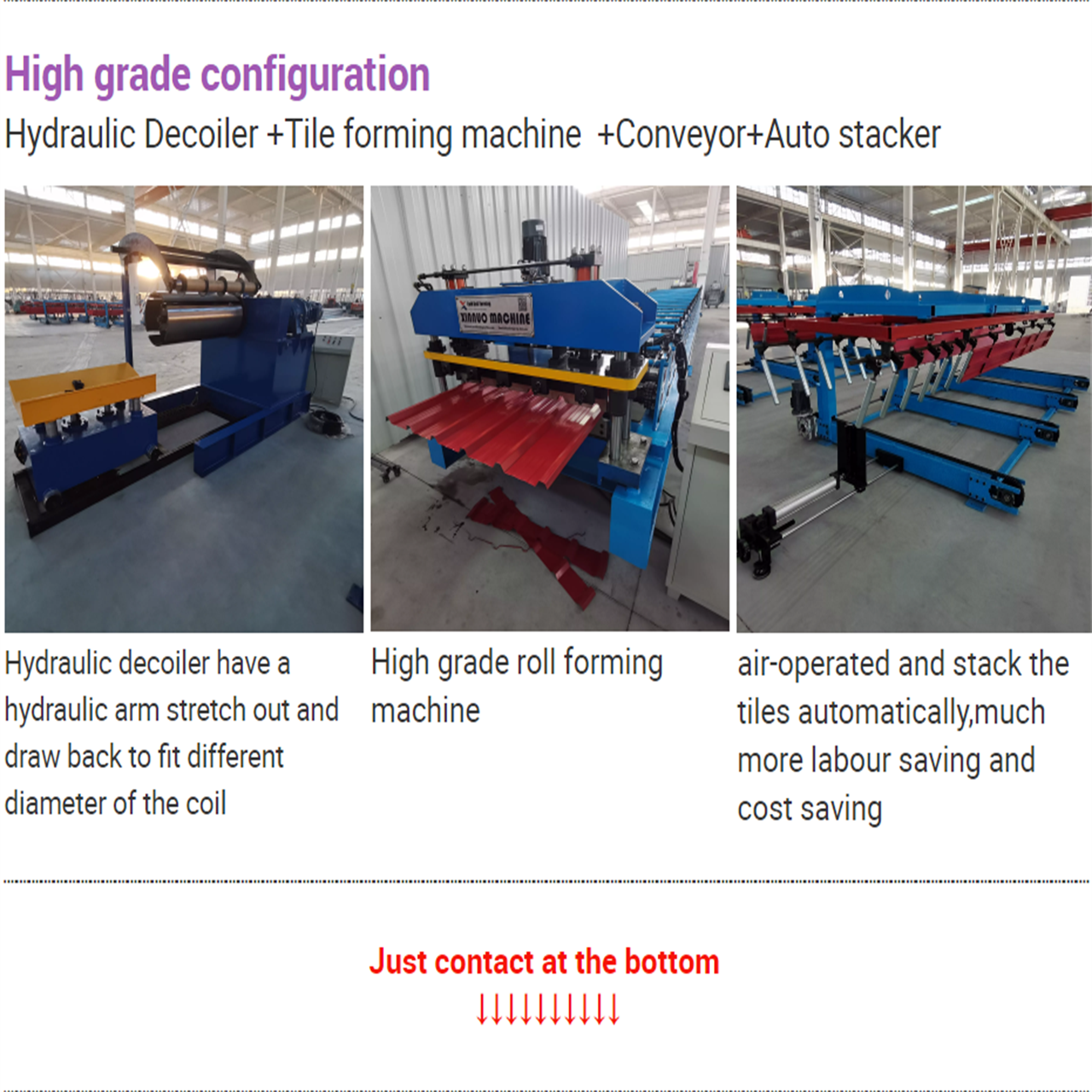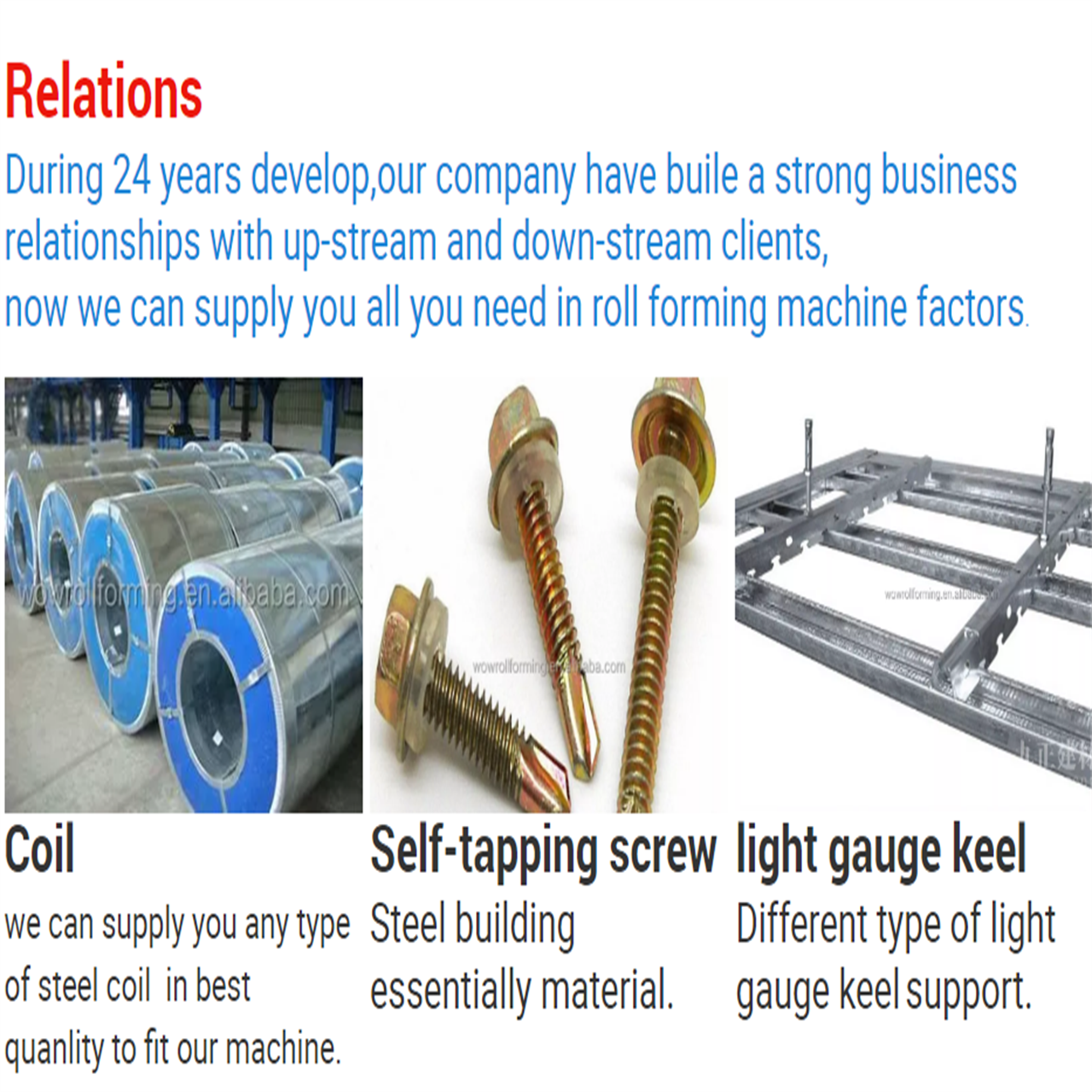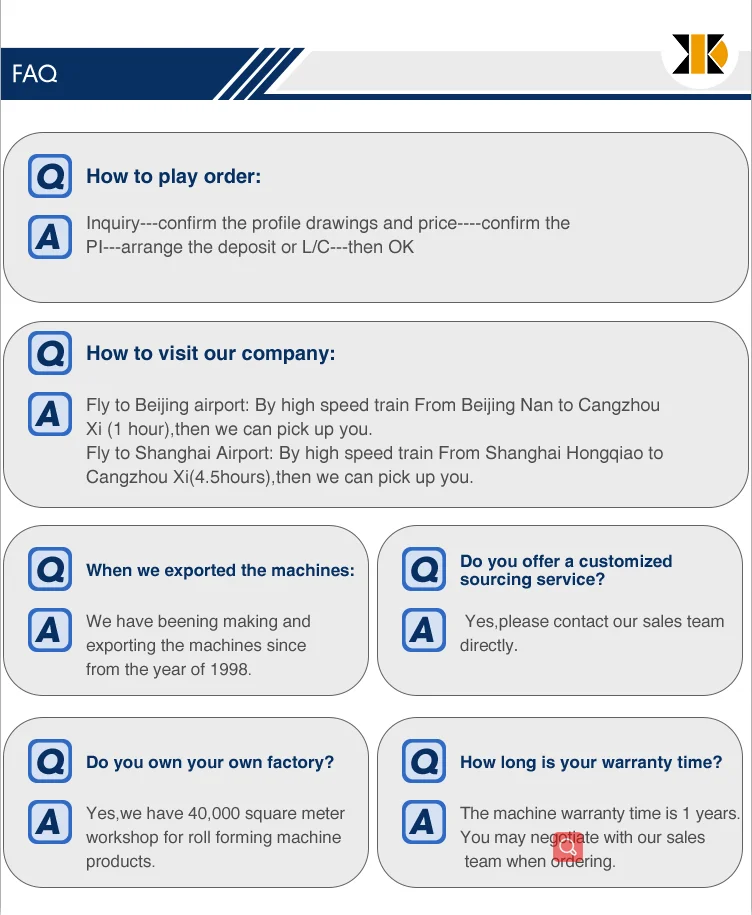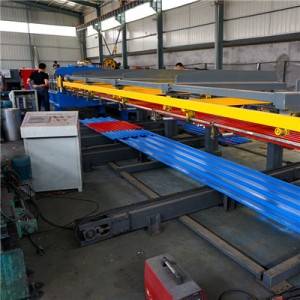The palletizing process in companies is one of the fundamental phases that requires greater precision and attention:
- for product safety and avoiding accidents
- to store or ship the goods as soon as possible
- to maximize the warehouse surface used
The palletizer therefore allows the goods to be stored in a safe and orderly manner. In this way it is possible to ship large quantities of goods with the least possible number of packages by courier.
The palletizer can be automatic or semi-automatic. The automatic palletizer is connected to a handling system that allows the transport of goods and pallets to the destination area. In the case of a semi-automatic palletizer, it is the workers who manually move the pallets into position by hand or with a forklift truck.
How does a Palletizer work?
The palletizer consists of a rigid structure on which a mechanical arm equipped with clamps slides vertically and horizontally to transport the goods from a storage point, for example at the end of a packaging line, to the pallet. The mechanical arm moves by translating along 4 Cartesian axes and at the same time around its own vertical axis, descending to the height necessary for the clamps to open at the moment of gripping and to pick up the product to be stacked on the pallet.
The palletizer follows a route established during the drawing board, with the aim of positioning the product on a standard-sized pallet or in the position assigned by the programmed palletizing scheme.
Through a touch screen panel, an operator sets the conditions according to which the machine must carry out its work autonomously, all at a higher work rate than manual work.
What are the Palletizer models?
The palletizers on the market today are of various types:
- Cartesian palletizers: used when high intensity work speed and high positioning accuracy are required. They are simple, reliable and flexible systems that require minimal dimensions. Suitable for the most different types of products.
- Layered palletizers: Suitable for high production needs, they are able to transfer an entire layer of product on pallets, obtaining extremely stable and compact pallets
- With magnetic head: used for palletizing metal products
- Robotized palletizers: Suitable for many sectors, they are precise, fast and flexible palletizers. The robotic palletizing solutions are intended for those who need particular qualities of sturdiness, versatility and production speed.
Advantages of a plant with a Palletizer
Any company that manages a fair number of pallets is suitable for investment in a palletizing system, thanks to the great benefits it will derive both in economic and organizational terms.
The positioning of the goods on the pallet requires a considerable use of time and workers, with both physical and economic consequences and a margin of error.
For this reason, many companies of the most diverse sectors and sizes use palletizing solutions, obtaining enormous advantages. In particular:
- Reduction of personnel expenses by 70%.
- Management cost savings of 35%.
- Reduction of accidents at work
- Safety for the worker in the handling of materials.
- Increase in productivity by 30% as there is no need for staff supervision.
- Always certain execution times
- Maximum space optimization
Palletizing solutions proposed by Xinnuo
Xinnuo has designed a wide range of automatic and semi-automatic palletizers capable of managing all customer needs and processing bags, boxes or bundles of any type with the maximum precision. The common denominator of all palletizers is the high level of customization and programmability together with refined technology. Below, the categories of palletizers that Xinnuo is able to offer:
- Cartesian palletizers: they stand out for their high reliability and precision. The ease of placement and the wide level of customization make them perfect solutions for any production reality.
- Layered Palletizers: for bags, cardboard boxes or bundles, ideal for handling high productions
- Robotized Palletizers: anthropomorphic palletizers for bags, cartons or bundles. Ideal for handling medium and high productions and for working in confined spaces.
- Depalletizing systems: automatic solutions for picking up packages or boxes from a pallet
- Pick & Place solutions: for filling boxes using anthropomorphic robots or traditional Cartesian solutio




♦ COMPANY PROFILE:
Hebei Xinnuo Roll Forming Machine Co., Ltd., not only produce different types of professional roll forming machines, but also develop intelligent automatic roll forming production lines, C&Z shape purline machines, highway guardrail roll forming machine lines, sandwich panel production lines, decking forming machines, light keel machines, shutter slat door forming machines, downpipe machines, gutter machines, etc.
Advantages of Roll Forming A Metal Part
There are several advantages of using roll forming for your projects:
- The roll forming process allows operations such as punching, notching, and welding to be performed in-line. Labor cost and time for secondary operations are reduced or eliminated, reducing part costs.
- Roll form tooling allows for a high degree of flexibility. A single set of roll form tools will make almost any length of the same cross-section. Multiple sets of tools for varying length parts are not required.
- It can provide better dimensional control than other competing metal forming processes.
- Repeatability is inherent in the process, allowing easier assembly of roll formed parts into your finished product, and minimizing problems due to “standard” tolerance build up.
- Roll forming is typically a higher speed process.
- Roll forming offers customers a superior surface finish. This makes roll forming an excellent option for decorative stainless steel parts or for parts requiring a finish such as anodizing or powder coating. Also, texture or pattern can be rolled into the surface during forming.
- Roll forming utilizes material more efficiently than other competing processes.
- Roll formed shapes can be developed with thinner walls than competing processes
Roll forming is a continuous process which converts sheet metal into an engineered shape using consecutive sets of mated rolls, each of which makes only incremental changes in the form. The sum of these small changes in form is a complex profile.



